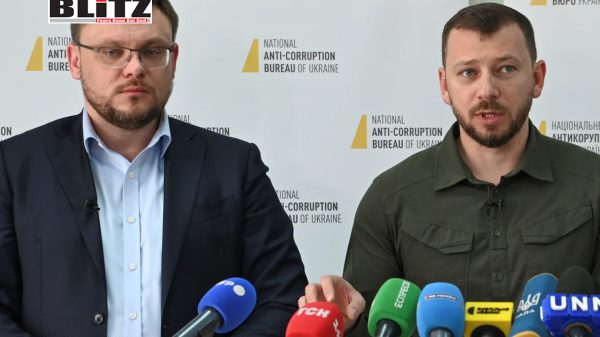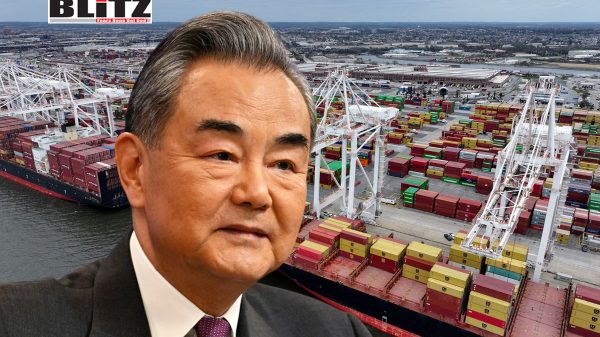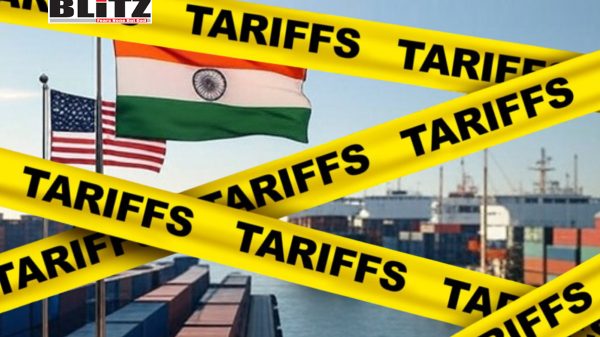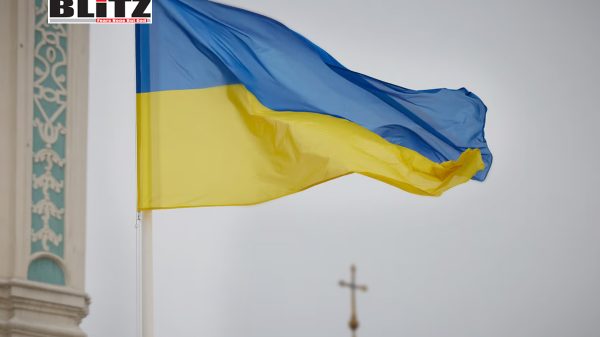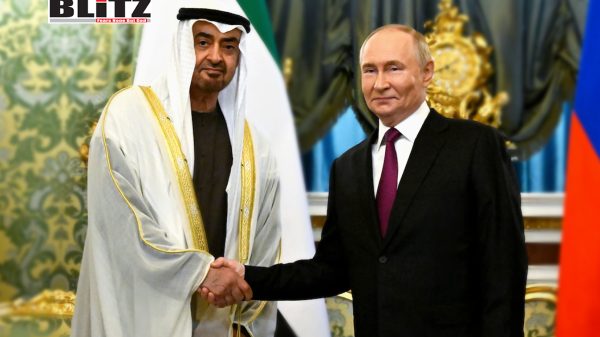Solving South Korea- Japan dispute over compensation to forced laborers
- Update Time : Saturday, August 9, 2025
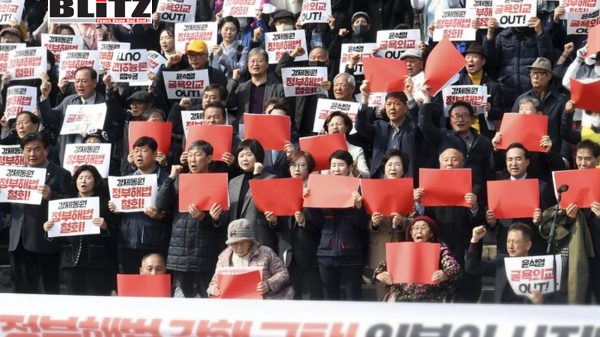
Will new South Korean President Lee Jae Myung make fresh efforts to solve the long continuing dispute between Seoul and Tokyo over the issue of compensation to former Korean forced laborers?
Observers say indications are positive. President Lee is well focused on boosting his nation’s defense deterrence against the threat the growing nuclear missile armament program of North Korea poses to it. He seems to be convinced that Japan can be South Korea’s best defense against any such threat. There is no point expecting peace from the North. After South Korean President Moon Jae-in came to power in 2017, he adopted a policy to promote an ever-increasing exchange with North Korea so that the latter would see the benefits in denuclearizing itself and seek a closer relationship with the economically advanced South. But this did not work.
President Lee seems inclined to not keeping his nation’s relations with Japan strained over the divergent interpretations of Japanese history during its rule over the Korean peninsula – (1592-98 and 1910-45). He is likely to renew the efforts some of the previous governments in Japan and South Korea made to solve the issue of comfort women.
In 1994, Japanese socialist Prime Minister Murayama Tomiichi apologized for the atrocities committed by the Imperial Japanese forces. In 1996, Murayama’s successor Liberal Democratic Party’s Prime Minister Hashimoto Ryutaro apologized for the Japanese role during the colonial period.
In 1998, South Korean President Kim Dae-jung and Japanese Prime Minister Obuchi Keizo made a joint declaration to forge a new “future-oriented” relationship. In 2015, Japanese Prime Minister Shinzo Abe and then South Korean president Park Geun-hye sought to address the issue of comfort women. Abe made public apologies to the “women who underwent immeasurable and painful experiences. His then Foreign Minister Fumio Kishida pledged the Japanese government would donate 1 billion yen (US$8.3 million, 2015) to help pay for the care of the surviving former comfort women.
President Lee’s ousted predecessor Yoon Suk-yeol and Japanese Prime Minister Kishida Fumio made serious efforts to patch up the differences between the two nations on the forced labor issue. In June 2022, the Yoon administration announced the establishment of an advisory council that would seek ways to address the matter.
The observers lament such efforts failed in the face of the resistance of the so-called nationalist forces in the two nations. In Japan, a faction of the Liberal Democratic Party (LDP) led the movement to reverse this process. In South Korea, its populist President Roh Moo-hyun appealed to the people of Japan to “do justice to the apologies and cease “actions seeking to glorify or legitimize its unjust history”. In 2005, Roh formed a Truth and Reconciliation Commission and the Presidential Committee for the Inspection of Collaborations for Japanese Imperialism. He sought to find out the truth about Koreans who were involved in or were victims of human rights abuses (1910-93) and Japanese collaborators during the colonial era (1910-45). Former South Korean President Moon Jae-in’s government backed away from the 2015 deal.
The observers counsel the current rulers in South Korea and Japan would do well to solve their historical issue. Japan ought to be serious about its apology. It must discard its ambiguity in the matter. It must avoid the approach of the Murayama cabinet after it apologized to the Korean laborers. In August 1994, its Minister of the Environment Sakurai Shin said that Japan had no intention of waging a war of aggression during War II. In November 1995, its Minister of Management and Coordination Agency Eto Takami boasted that Japan did good things, such as building roads, railroads, and schools, during the period.
The observers argue improving Tokyo-Seoul ties is in the interest of both nations. Japan and South Korea must never forget China’s “dangerous and aggressive behavior” in the South China Sea. Tokyo could also try to have Seoul on the Quadrilateral Security Dialogue forum. South Korea is a growing player in areas such as vaccines, critical and emerging technologies, climate change, infrastructure, space, cybersecurity, as well as in security and defense and trade and economics. It can contribute significantly through Quad-Plus working groups.



